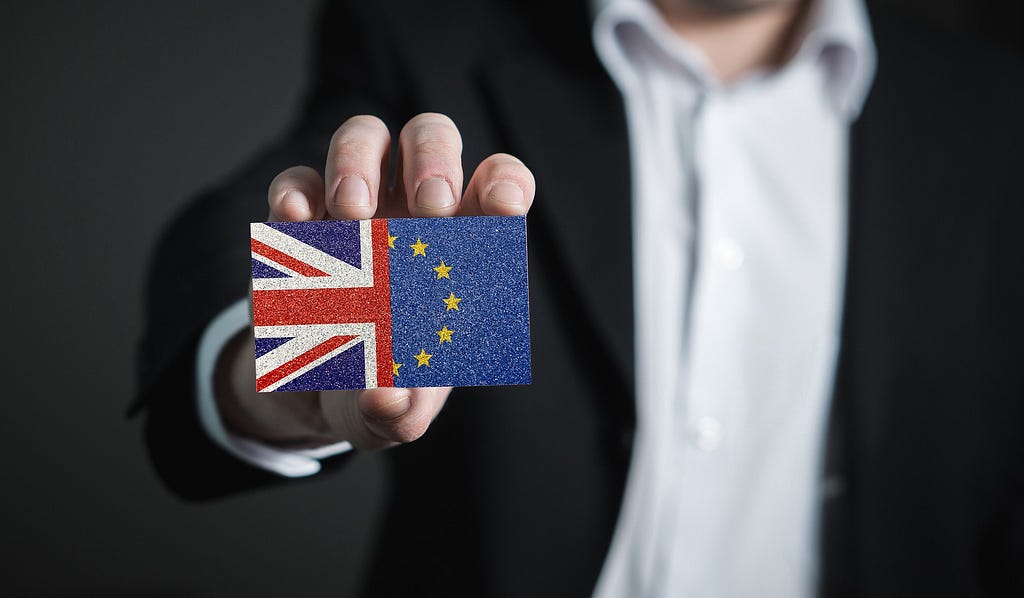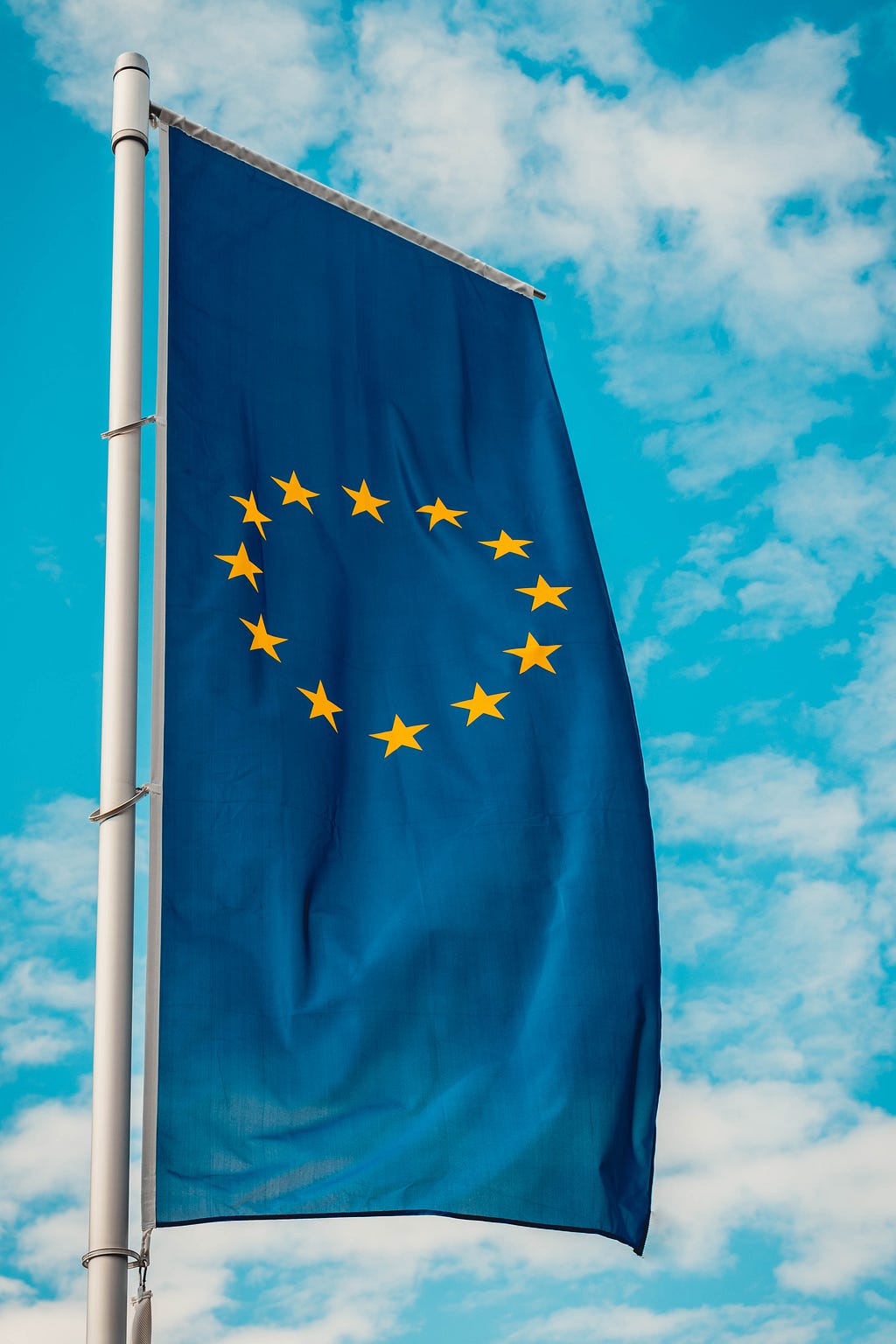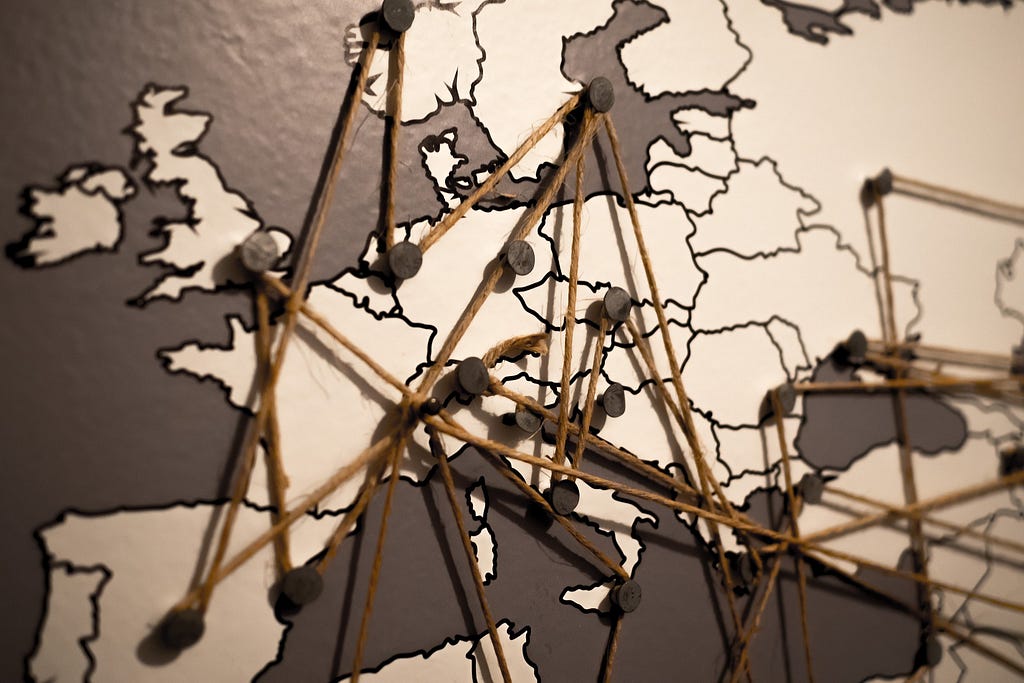Latest news about Bitcoin and all cryptocurrencies. Your daily crypto news habit.

It’s ugly. It’s comical. It’s tragic.
UK’s departure from the European Union has at some point of time, been described as one or all of the above. This separation truly has captured the world’s attention for its rather unpleasant execution. It’s been more than three years since a referendum clearly indicated the will of the majority of British citizens, to leave the EU. However, politicians are divided on a final roadmap for Britain’s departure from the EU.
Earlier this year, British legislators voted against the Brexit deal negotiated by Prime Minister Theresa May with the European Union. As I write this, the imminent date for Britain’s departure is just a day away, and there is still no agreement over how things are going to be, once this divorce finally culminates into an irreversible separation. Although May has written to Donald Tusk, the president of the European Council, asking the EU for a further delay to Brexit until 30 June, it seems no concrete response has been forthcoming from Tusk’s side.
Let’s for a second consider that all goes well and Britain finally exits from the EU with a decisive roadmap in mind, what then? Is Britain equipped to deal with the repercussions of a move like this? Has it invested enough time and resources to figure out how the economy will get back up on its feet, once they lose out on all of the EU’s valuable resources? I don’t think so.
It’s no secret that any developed economy relies fundamentally on technology for its growth. Most developed countries in the world can claim their ‘superior position’ in world politics by virtue of their country’s advanced technological innovations and applications. A country that invests into and encourages the growth of emerging technologies, will always benefit massively from the advancements. Which is why I believe that Britain needs to now focus on resource management and harnessing the power of blockchain technology.
Let’s talk about all the problems that are going to arise once Britain is out of the EU.
There are going to be concerns raised in the areas of governance, trade, finance, and many more. However, one single technology can solve multiple problems that Britain might face. If we talk about governance and immigration, blockchain technology can be used to establish a credible model of e-governance. It will also provide as a system to store sensitive data related to immigration records, that cannot be manipulated. This means people coming in and going out of the country can be tracked and verified. This significantly increases the safety of the country.
Trade is one important area that will take a huge hit post Brexit. Britain will now have completely sovereign trading control and responsibility. Reimposing sufficient tariffs on products while also trying to keep the prices at a decent rate will be quite the challenge for Brexit. It would be a great idea to digitize international trade and make it more convenient to trace and keep track of imports and exports. Blockchain technology could be immensely helpful here by providing for an efficient supply chain management system, where digitized records of all trade exchanges are stored.
One has to consider, how Brexit will take away much of Britain’s EU workforce. It is going to take time to fill these vacancies with skilled individuals and adequate resources. Under such circumstances, technology is Britain’s only hope to make up for this skill shortage. Blockchain and other such emerging technologies can help replenish and add to existing workforces, allowing the working class to work in collaboration with technology.
To put Britain’s need for blockchain into perspective, let’s take the example of the spouse they are trying to divorce, the EU. Now there is such a thing called the European Blockchain Observatory and Forum, which is a European Commission initiative to accelerate blockchain innovation and development in the region.
Their mission is
to promote blockchain in Europe by mapping existing blockchain initiatives, analysing and reporting on important blockchain themes, promoting blockchain education and knowledge sharing and holding events to promote debate and discussion.
 Photo by Christian Wiediger on Unsplash
Photo by Christian Wiediger on Unsplash
This commission has done some great work in the EU, and they do not plan on stopping anytime soon.
If Britain fails to harness the power of such an important technology, then it is setting itself up for some pretty difficult times. The next few months or even years, are going to be rough sailing for Great Britain, and they need to decide which is the right direction for their ship to be steered in.
Not just blockchain; Britain should seriously consider investing in emerging technologies like Artificial Intelligence, Internet of Things, VR and more such promising technologies. Only then can the country once more, even dream of matching up to the other ‘super powers’.
Can Blockchain Help Ease BREXIT? was originally published in Hacker Noon on Medium, where people are continuing the conversation by highlighting and responding to this story.
Disclaimer
The views and opinions expressed in this article are solely those of the authors and do not reflect the views of Bitcoin Insider. Every investment and trading move involves risk - this is especially true for cryptocurrencies given their volatility. We strongly advise our readers to conduct their own research when making a decision.
